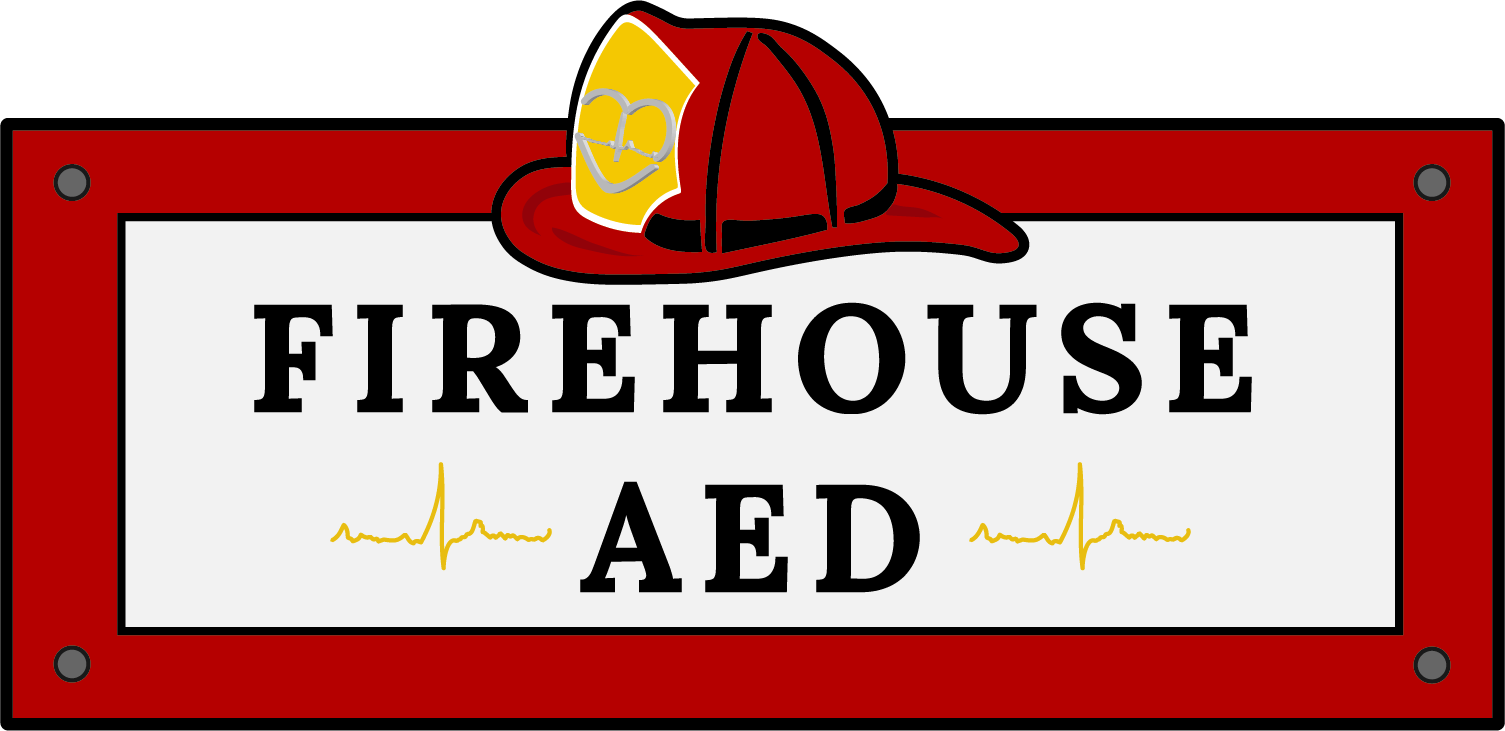Why AED
- Why do I need an AED?
Imagine the following scenario. You are sitting at your home or business, and a family member, friend, customer, or coworker becomes completely unresponsive. What would you do? If you are like most people, the answer is begin CPR and call 911. These are both correct. They would be the only things to do if we were talking about 30 years ago. But, today, you can do so much more. An AED can provide a life-saving shock to the heart. This may be the only thing that can save a person from cardiac arrest. Our devices not only provide a life-saving shock but also verbally instruct you on CPR and explain every step along the way.
- Why isn’t CPR enough?
When a cardiac arrest occurs, CPR is extremely important to keep the blood flowing to the vital organs and especially the brain during the time that the heart is not working. However, the most effective way to save a person in cardiac arrest is to get the heart pumping again on its own. Even after a major heart attack, the heart usually has plenty of function to pump the blood. But often the heart is in an abnormal rhythm that cannot function. The heart MUST be shocked in order to reset back to a normal rhythm and restore blood flow to the brain. After a cardiac arrest, there is only an 8% chance of surviving without doing anything other than CPR.
- Why can’t I wait for the paramedics to arrive? Aren’t they the experts?
For every minute after a cardiac arrest that the heart goes without a shock, a 10% decrease in survivability occurs. This means that after only 5 minutes, a person has lost 50% chance of surviving the event. We want all of our customers to have the same life-saving technology that paramedics use immediately available if one is needed.
- Why should I choose Firehouse?
We are the experts. The only group of people who regularly use AEDs and other defibrillators are your first responders. We do this on a daily basis and know what to do and when to do it. Most importantly, we know how to show you. We come to your location, with your new device, and don’t leave until you are comfortable and properly trained. We are staffed with Emergency physicians, Firefighters, and Paramedics who want to share our life-saving knowledge with you and your family.
- Why do I need an AED? (Part 2)
